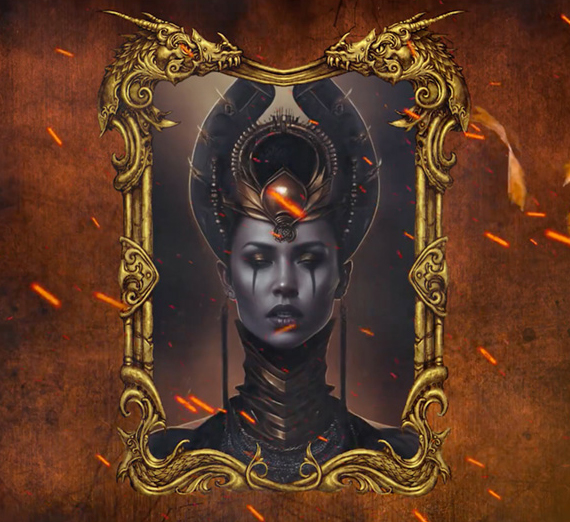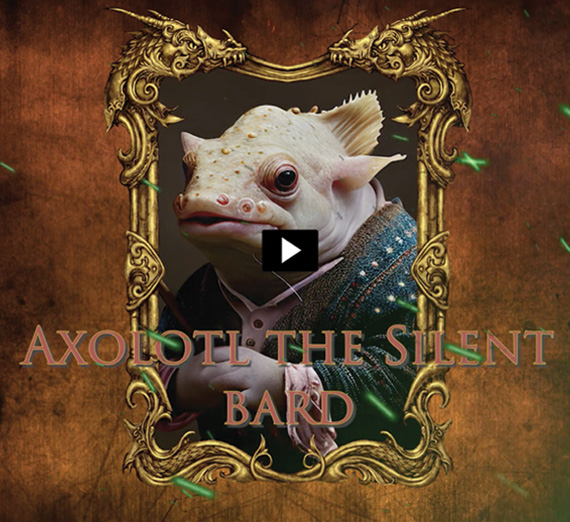The Challenge of Crafting a Liberal-Arts Education for the Online Learner

While liberal arts colleges are currently under attack for their failure to teach specific, job-oriented skills, as this article from Inside Higher ED discusses, there is one often overlooked reason to consider pursuing a liberal education: It produces innovative thinkers. While it seems odd to discuss innovation in regards to what is often thought of as an archaic model, it is easy to see how the liberal arts actually do foster innovative thinking. For starters, consider U.S. Undersecretary of Education Martha Kanter’s June 22, 2010 address to the Annapolis Group. She pointed out that 20% of all U.S. presidents have been liberal arts graduates, compared to only 3% of all college graduates. The same statistics hold true for Pulitzer Prize winners in drama, history, and poetry. Kanter also pointed out that the liberal arts produce approximately twice as many doctorates in science and account for 1 in every 12 of the wealthiest CEOs in this country. My own alma mater accounted for one U.S. president and several U.S. Supreme Court justices. The reason for the success of liberal arts graduates is, in my opinion, due to the fact that they are taught to be innovative thinkers.
What are the “Liberal Arts”?
There are two concepts that are sometimes confused: “liberal arts” and “liberal education.” For a complete unpacking of the terms, visit the Association of American Colleges and Universities page about liberal education. For the purposes of this essay, they will be lumped together to include the following features:
- Broad-based study of many disciplines including, science, mathematics, social science, history, humanities, languages, and arts
- An emphasis on inquiry, analysis, and critical thinking
- Cultivation of well-rounded abilities in written and oral communication
- Integration of civic engagement across the curriculum
- Useful and accurate intercultural knowledge
- A foundation in ethical thinking
- A focus on imparting the skills and curiosity necessary for lifelong learning
The liberal arts differ from professional, vocational, or technical curricula in that they do not emphasize the specialization found in other programs. The emphasis in a liberal education is in teaching the individual to think critically about everything rather than on imparting specific knowledge about a given discipline or field. As Davis Shaffer points out in his book, How Computer Games Help Children Learn (2006), due to the outsourcing of every easily standardized job, the final frontier for American workers is in areas where innovation is required. Innovation is, by its very definition, non-standardizable, and thus positions which require innovative thinking cannot be farmed out to countries where labor is cheaper. This type of creative thinking requires exactly the skills that a liberal education promotes in its students http://www.d.umn.edu/cla/deanwelcome/whatare.php.
These skills reflect the same values as those outlined earlier in this piece. The hidden truth behind both sets of skills and values is that they are key components of innovative thinking. Where does this debate over the value of a liberal education leave the online learner though? Are these skills and values something that can be garnered in the virtual classroom?
Looking for the Liberal Arts Online
There are some online programs available in liberal arts or liberal education https://www.mydegreeguide.com/online-liberal-arts-degree/, but it seems that a majority of these are actually programs in general education or arts and sciences, which, while important components of a liberal education, are not in and of themselves a liberal arts curriculum. To the best of my knowledge, there are no true liberal arts options available for the online learner just yet. So, if the information presented earlier has inspired you to pursue the innovative training of liberal learning, and you are someone who is committed to pursuing their education online, you will have to pursue some non-standard tactics to achieve the desired results. Here is one game plan for turning your online education into something more akin to a true liberal arts experience:
- Diversify your learning
- Make connections explicit
- Discuss what you learn
- Extend your learning beyond the classroom
- Cultivate written and spoken communication abilities
- Find a mentor
By incorporating these strategies and broadening your expectations about what your online degree should be, you can not only gain the specific career skills you originally sought, but also make yourself a unique (and uniquely qualified) lifelong learner who can think beyond the boundaries of your immediate area of study. Here’s how to address each of the areas above.
Diversify Your Learning
While your first priority in seeking an online degree might be to finish it, slowing down and considering your other interests is one way to begin forming a well-rounded, liberal arts-style education. This pursuit of other interests does not have to be formal or affiliated with your program in any way. Consider some of the free alternatives available on the Internet as a way of branching out in your educational pursuits. Think about your chosen profession and the degree you are pursuing and then branch out into related areas first. If you can successfully integrate this related content into your thinking, then branch out further into areas not obviously related to your current study. While you are pursuing these alternative paths you will want to also begin thinking about the ways in which they connect together and to your main program.
Make Connections Explicit
Studying a more diverse range of subjects is only one part of a liberal education. More significant is developing an ability to find the connections between different and seemingly unrelated areas. This sounds ridiculous to say – after all, how can unrelated areas be connected? But remember that we live an increasingly connected world where the boundaries between different disciplines are constantly crumbling. Think about nanotechnology, a discipline that until recently did not exist and which is the result of connections between chemistry, biology and engineering – three previously unrelated disciplines (coincidentally, a fellow alumnus of my small liberal arts college is one of the pioneers of the field and was a member of the President’s Council of Advisors on Science and Technology. Nanotechnology as a field would not exist without the kinds of interdisciplinary thinking that the liberal arts are known for fostering in their graduates.
Discuss Your Learning
Part of making these connections is in talking through what you are discovering. Learning does not happen in a vacuum, so finding a person or group of intellectually-minded individuals with whom to discuss these ideas is a necessity. These conversations can happen online through message boards or email exchanges, or in person. As an example, consider Games for Change, an informal organization of individuals interested in developing socially important video games in areas ranging from education, to health services, and sustainability. This organization’s site houses several message boards and they host increasingly popular and important conferences, as well as less formal discussion groups around the country. This is an open community, so you do not have to be a researcher or game developer to get involved. You just have to be interested in the topic.
Extend Beyond the Classroom
Learning opportunities and discussions about your learning can happen beyond the classroom, as can face to face experiences, which inform and reinforce what you are learning. Look to get involved in your local community in practical ways which exercise what you are studying. In this way, you will be providing community service while developing valuable skills, honing your communication abilities and further enhancing your knowledge. For example, if your interests are leading you towards environmental activism, consider a group that does local water quality monitoring and educational outreach. Here is a site which lists all of the volunteer water quality monitoring groups in Massachusetts, for example. Similar groups can be found in every state.
Cultivate Written and Spoken Abilities
Oral expression is a core component of the liberal arts, and one which may be challenging to develop in a strict online setting. Again, branching out beyond the classroom provides you with many opportunities to improve your public speaking as well as formal and informal written communication skills. Consider joining your town council or local school board if your interests lie in those areas. Not only will you make important connections, but you will also be sharpening skills that never go out of style on the job market and that are qualifications for every possible position you could apply for.
Find a Mentor
To get the most out of your self-designed liberal education, you will need someone to help guide your efforts in all of the above areas. Finding an informal mentor in the area you wish to ultimately pursue a career in satisfies almost all of the above categories. You can’t be shy about this though. No one is going to track you down and beg to be your mentor. Instead, set out to find a mentor yourself, as a recent student of mine did when he asked me to help him connect with fellow gaming researcher Kurt Squire at the University of Wisconsin - Madison. Squire actually volunteered to read some of the student’s work and offered valuable feedback. Gaining guidance from an experienced practitioner in the field is a great way to get your bearings, see where hidden connections may lie, and feel out future employment opportunities. Consider offering some sort of service (answering the phones, data entry, public outreach, media production, etc.) to help get your foot in the door and convince your prospective mentor that you are someone worth talking to.
In order for the online learner to gain the benefits of a liberal arts education, they will have to be self-motivated and willing to actively pursue the types of connections and experiences that are built into a liberal education. In my opinion, the benefits are worth the extra effort. Don’t believe me? Just ask one of the former U.S. presidents, Nobel Laureates, renowned scientists, or Supreme Court judges who are liberal arts graduates.
- Academics
- Online Programs
- School of Education
- School of Leadership Studies





